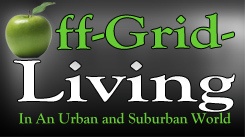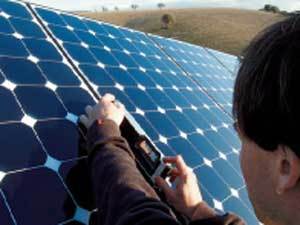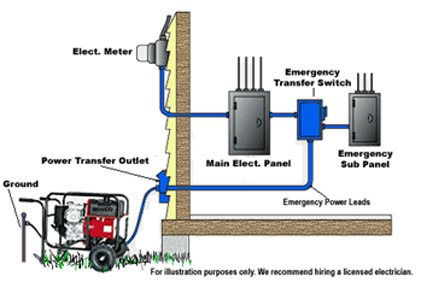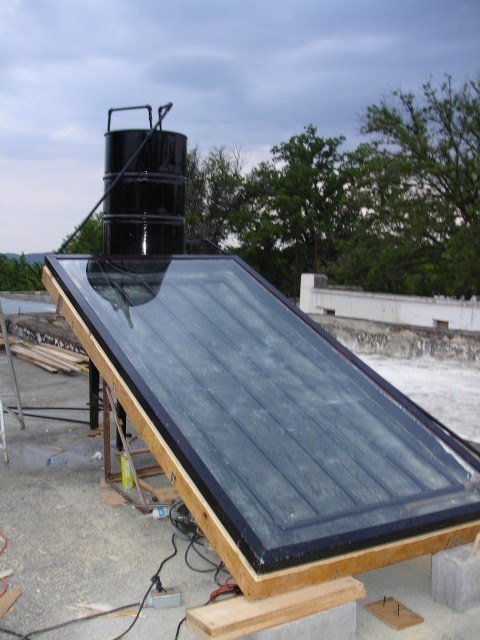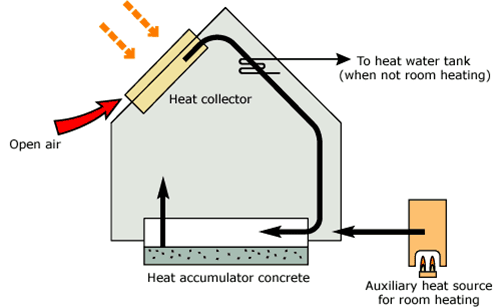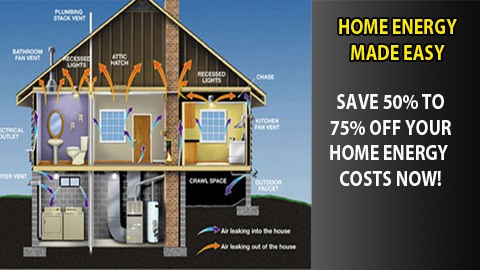
“The use of solar energy has not opened up because the oil industry does not own the sun.”
Ralph Nader

Technically? No, all 50 states allow residents to live how they choose - in accordance with the 5th Amendment. But is off grid living illegal if you don't understand the ramifications of being disconnected?
Yes - sort of.
It's a convoluted legal interpretation minefield you'd just have to navigate if you're determined to stay away from the 9 to 5 rat race. Here are some legal challenges you should navigate before you decide to go "offline".
Legal Obstacles to Living Off Grid
Honestly, it was easier to live off grid some 5 decades ago, but today, many states have regulations that limit your ability to disconnect from government services. Check them out.
6 Issues To Carefully Consider Before Going Off The Grid

Off grid Shelter
You can't just decide to pitch a tent in the woods and call it off grid living. Most states will penalize you for that, or even send you to jail. The best way to navigate this is to get a permanent building, that's AWAY. But of course, even the home you build will be subject to regulations. Some cities have minimum square footage you must adhere to, failure of which can make your off grid living illegal.
If you're been able to read the city's building codes with a fine comb and determined your house exceeds legal requirements, you still have to consider some other limitations, like the right to farm some lands come with or are prohibited from.
Some home owners' associations prevent line spreading of clothes, so you can't even conserve energy by drying your clothes outdoors. If there's a limit on the crops you can grow, you're going to have a lot of trouble growing your own groceries.

Off Grid Waste Processing
One of the government services most people take for granted is waste disposal - both trash and human waste. Have you thought through your waste disposal? If you decide to dispose your own toilet waste, where will it go?
Note that using human waste as manure is still frowned upon in many states, so you may have a tough time claiming you grow your crops with your poop. Even if its for personal consumption, some states won't allow you.
After sorting our your toilet waste, there's still the matter of recycling your kitchen waste. We live in an increasingly eco-conscious world, so tossing your trash any where won't work. Of course living off grid means you'll have more organic waste. As long as you can show how your living in an area won't violate compost laws, and recycling laws, you should be good.

Off Grid Water
If you'll be disconnecting from the city's water supply, you'll need to proof you have constant, portable treated water - especially if you'll have minors living with you. Rain water won't necessarily count because some states have rules against drinking it.
The reason is that rain water's typically harvested after they've touched roof shingles. And because most roof shingles are treated with chemicals to deter mold and grass from growing on them, states are concerned the chemicals used in treating roofs could poison rain water.
One way to counter this is to have a rain water harvesting facility that's entirely excluded from your roof. Or you could dig a well. Again, try as much as you can to adhere with the rules and regulations concerning water use. Worse case scenario, you can decide to connect to your government's water and sewer services.
It's a lot more expensive when you live so far from the general population, and if you don't have a lot of money sitting in a bank, you'll have financial problems. But it's the easiest way to navigate the most stringent off grid living laws.

Off Grid Power
A lot of rural areas don't allow their residents to be cut off from basic utilities. In big cities, it's down right illegal - but why anyone would like to go off grid in a city is beyond thought. The closest way to navigate power supply is with solar.
Some counties have a solar grid option, where you sell whatever supply energy you generate to the city. So it isn't that you're disconnected from the state electricity lines, just that the surplus energy you generate is sold to offset your electrical bill.
You might run into some trouble if you don't generate sufficient solar energy to supply to the city. If you notice this happening, turn off some of your appliances to conserve energy (unrealistic during winter), so you always have a surplus.
Note that there are some carbon concerns about living off grid. Studies show that most off grid homes have diesel and fuel powered generators for emergency cases, which release greenhouse gas.
Not only do you risk fuel spillage during transportation - which can contaminate the earth you're supposedly trying to protect - you can also increase your carbon footprint, in which case, you'd be better off living "on grid".If you'll be relying entirely on solar, know that there are very limited geographical locations where this will work out for you.

Livestock and Selling your Produce
You'll be fine if you build on an agriculturally zoned off land in a rural area. Usually they allow common livestock like pigs, goats, cows, chickens and horses.
The closer you decide to live to the city, the more stringent the restrictions on what you can raise on your property become. Unlike power arrangements, where you sell off surplus energy to the government, you can't do that with surplus produce because most its illegal to sell food without permits or health inspections. So if you grow more than you need, prepare to conserve what you can't eat.

Off grid Money and Finances
Deciding to live off grid is a fantasy very few people have the finances to afford. But thanks to the internet, more and more people are opting to live without government or neighbor interference.
If done correctly, living off grid can save you a ton of cash in utilities, and minimize your carbon footprint. You don't have to be entirely self sufficient though. Most folks living off grid choose to do so partially, and depend on the communities around them for food.
Bottom line
The short answer to the question "is off grid living illegal?" is no. But only if you live in an area that's thinly populated enough such that your actions do not impact the lives of those around you.You can also avoid many of these issues by simply deciding to go off grid in urban or suburban areas.
.
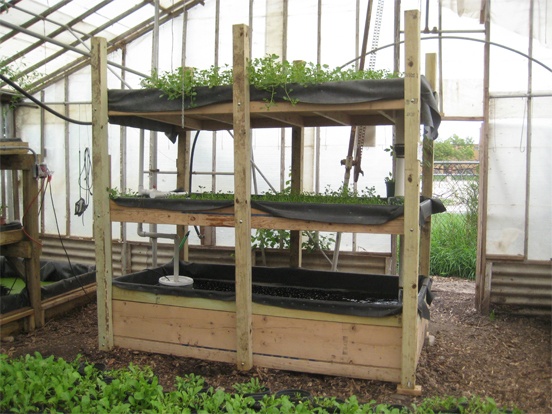
Aquaponic is a marriage between fish farming and hydroponics. Protein and vegetables in one unit
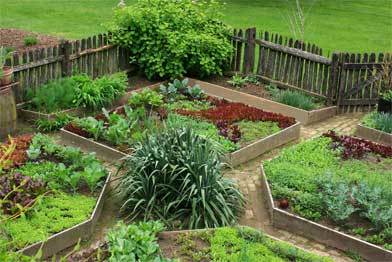
With urban gardening you can transform even the smallest piece of land into a food farm for your family.
